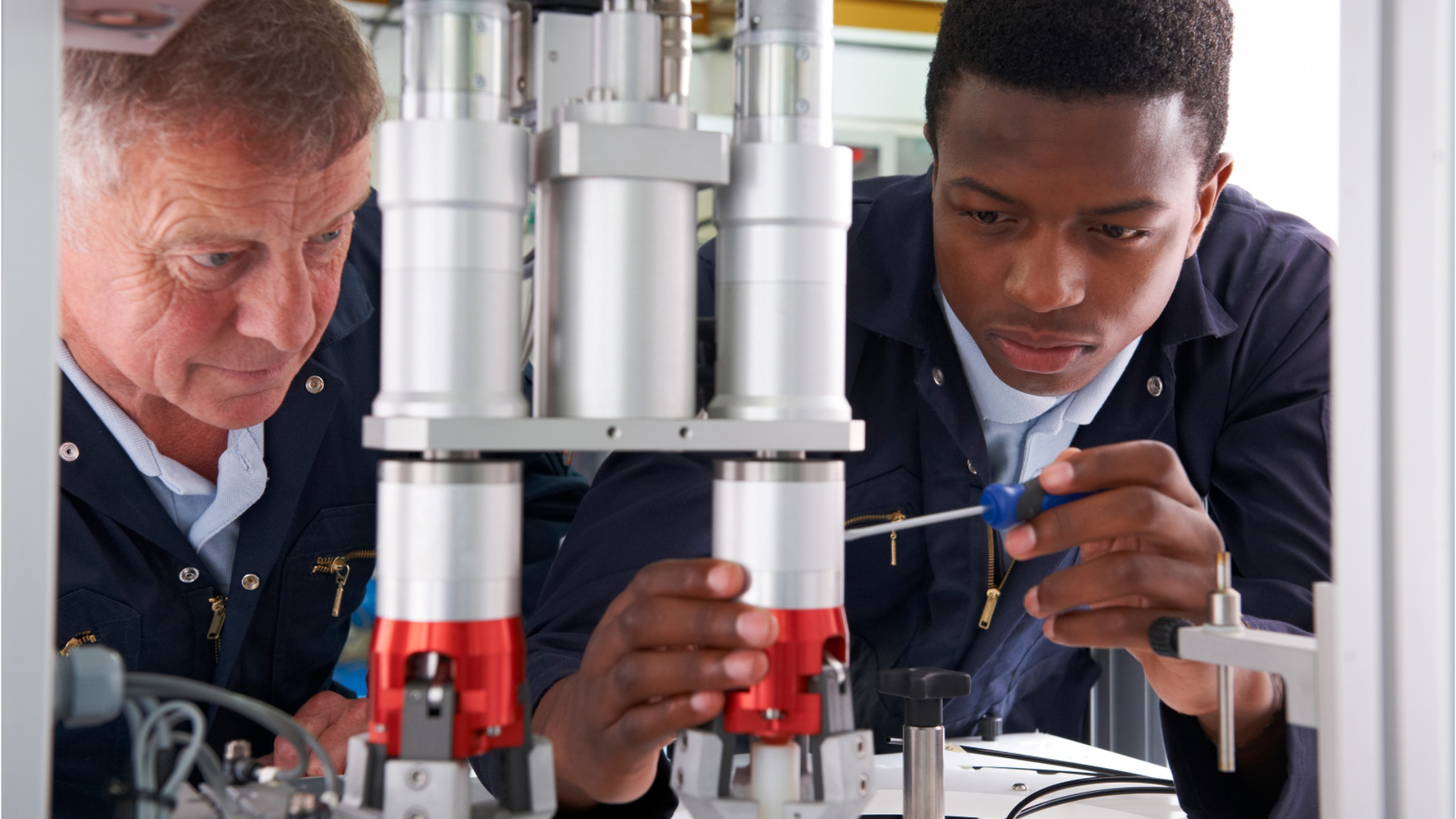Mechanical Engineers
Design Engineer, Mechanical Engineer, Product Engineer, Project Engineer
 Select a military branch to see samples.
Select a military branch to see samples.
Civil Engineer; Civil Engineer, Bomber; Civil Engineer, Environmental Engineer; Civil Engineer, General Engineer; Civil Engineer, Readiness and Emergency Management Engineer; Civil Engineer, Trainer; Developmental Engineer, Airlift; Developmental Engineer, Computer Systems; Developmental Engineer, General; Developmental Engineer, RPA
Army Astronaut; Research and Engineering; Space Operations; Test and Evaluation
Marine Safety Specialist Deck; Marine Safety Specialist Engineer
Ordnance Systems Engineer
Aeronautical Engineering Officer, Aircraft Mechanical, Electronic, Electrical and Safety Equipment; Engineering Liaison Officer; Naval Engineering Inspection Officer; RL - Naval Reactors Engineer; Ship Construction and Repair Superintendent (Nuclear); Ship Repair Officer; Supervisor of Shipbuilding, Conversion, and Repair; Weapons and Ammunition Production Officer; Weapons Maintenance Officer; Weapons Research Planning Officer
Civil Engineer; Civil Engineer, Mechanical Engineer; Developmental Engineer; Developmental Engineer, Mechanical
What they do:
Perform engineering duties in planning and designing tools, engines, machines, and other mechanically functioning equipment. Oversee installation, operation, maintenance, and repair of equipment such as centralized heat, gas, water, and steam systems.
On the job, you would:
- Read and interpret blueprints, technical drawings, schematics, or computer-generated reports.
- Research, design, evaluate, install, operate, or maintain mechanical products, equipment, systems or processes to meet requirements.
- Specify system components or direct modification of products to ensure conformance with engineering design, performance specifications, or environmental regulations.
Knowledge
Engineering and Technology
- design
- product and service development
Manufactured or Agricultural Goods
- manufacture and distribution of products
Arts and Humanities
- English language
Math and Science
- arithmetic, algebra, geometry, calculus, or statistics
Skills
Basic Skills
- listening to others, not interrupting, and asking good questions
- reading work related information
Problem Solving
- noticing a problem and figuring out the best way to solve it
People and Technology Systems
- thinking about the pros and cons of different options and picking the best one
- figuring out how a system should work and how changes in the future will affect it
Abilities
Verbal
- communicate by speaking
- listen and understand what people say
Ideas and Logic
- make general rules or come up with answers from lots of detailed information
- notice when problems happen
Math
- choose the right type of math to solve a problem
- add, subtract, multiply, or divide
Visual Understanding
- see hidden patterns
Personality
People interested in this work like activities that include practical, hands-on problems and solutions.
They do well at jobs that need:
- Innovation
- Intellectual Curiosity
- Cautiousness
- Attention to Detail
- Dependability
- Achievement Orientation
Technology
You might use software like this on the job:
Analytical or scientific software
- Minitab
- The MathWorks MATLAB
Instant messaging software
- Blink
Computer aided design CAD software
- Autodesk AutoCAD Civil 3D
- Autodesk Revit
Education
Education: (rated 4 of 5)
bachelor's degree or
associate's degree
usually needed
associate's degree
usually needed
Job Outlook
Bright
New job opportunities are very likely in the future.
Explore More
- Electrical & Electronic Engineering Technologists & Technicians
- Electrical Engineers
- Industrial Engineers
- Mechanical Engineering Technologists & Technicians
- Mechatronics Engineers
You might like a career in one of these industries:
See more details at O*NET OnLine about Mechanical Engineers.






